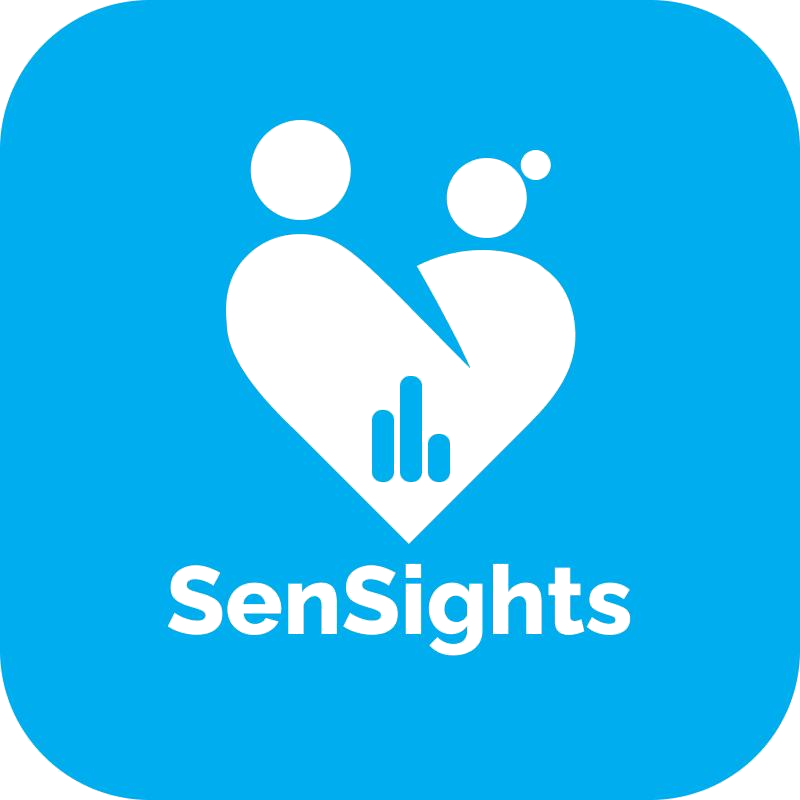Medically Reviewed By: Dr Hanif Chatur
Image Credit: Microsoft Designer
Key Takeaways
- Virtual Care Defined: Remote interactions between healthcare providers and patients using digital tools, eliminating the need for clinic visits.
- Benefits and Processes: Offers convenience, location-independence, cost savings, and real-time monitoring. Expect familiar consultation steps, but online.
- Safety and Optimizing Experience: Ensure data protection and platform security. Be prepared, create a suitable consultation space, and stay open to the digital shift.
Book A Meeting With Us
In today’s digital age, where all service industries are experiencing dramatic redefinition, healthcare has also undergone a significant transformation. And att the forefront of this change is virtual care. But what exactly is virtual care, and how can patients harness its full potential? Dive in to discover the essentials of this innovative healthcare approach.
What is Virtual Care?
At its core, virtual care is a broad term that encompasses all the ways in which healthcare providers interact with their patients remotely. It can be through video calls, voice calls, messaging, or monitoring patient vitals using digital devices. Instead of visiting a doctor’s office, patients can now receive the care they need from the comfort of their homes.
Benefits of Virtual Care
Convenience: The patient no longer needs to travel to a medical facility, wait in queues, or waste precious time in waiting rooms. You can set up an appointment from anywhere and attend it from the comfort of your home.
Access: It breaks down geographical barriers. Even if you live in a remote area, specialized medical advice is just a click away.
Cost-effective: Without the need for physical infrastructure and overheads, some virtual care services may be more affordable than their traditional counterparts.
Continuous Monitoring: Especially useful for chronic patients, wearable sensors can send real-time data to healthcare providers, ensuring timely interventions.
What to Expect During a Virtual Visit
Preparation: Before the appointment, ensure you have a stable internet connection, a functioning camera, and microphone. Many healthcare providers use specific platforms or apps for their services, so make sure to download any necessary software ahead of time.
Consultation: Just like an in-person visit, you ‘will discuss your symptoms, medical history, and any other relevant information with your healthcare provider. You can also show any physical symptoms via the camera if necessary.
Prescriptions and Follow-ups: If needed, doctors can send electronic prescriptions directly to your preferred pharmacy. They can also schedule follow-up visits to monitor your progress.
Privacy and Safety
One common concern among patients is the safety and privacy of their medical information. Reputable virtual care providers adhere to stringent data protection regulations, ensuring that your personal and medical data remain confidential. Always ensure that the platform you’re using is secure and adheres to these regulations.
How to Get the Most Out of Virtual Care
Be Prepared: Just as you would for an in-person visit, have all relevant medical records, prescriptions, and questions ready before the consultation.
Ensure a Good Environment: Find a quiet, well-lit place for the consultation, ensuring minimal disturbances.
Stay Open-minded: Virtual care might feel different initially, but its efficacy is well-established. Trust the process, and be open to this new form of healthcare delivery.
Conclusion
Virtual care is reshaping the healthcare landscape, offering an amalgamation of convenience, accessibility, and technological advancements. By understanding its intricacies, patients can harness the maximum benefits and navigate their health journey with added ease and flexibility. Welcome to the future of healthcare!
MarkiTech.AI is a team of over 50 software engineers, data scientists and clinicians plus other health practitioners who have developed over 40 digital health solutions in the last 10 years such as SenSights.AI, Veyetals.com and CliniScripts.com which focus on helping older adults and their caregivers like family, physicians, nurses etc., age in place, reduce costs and improve revenue opportunities.

